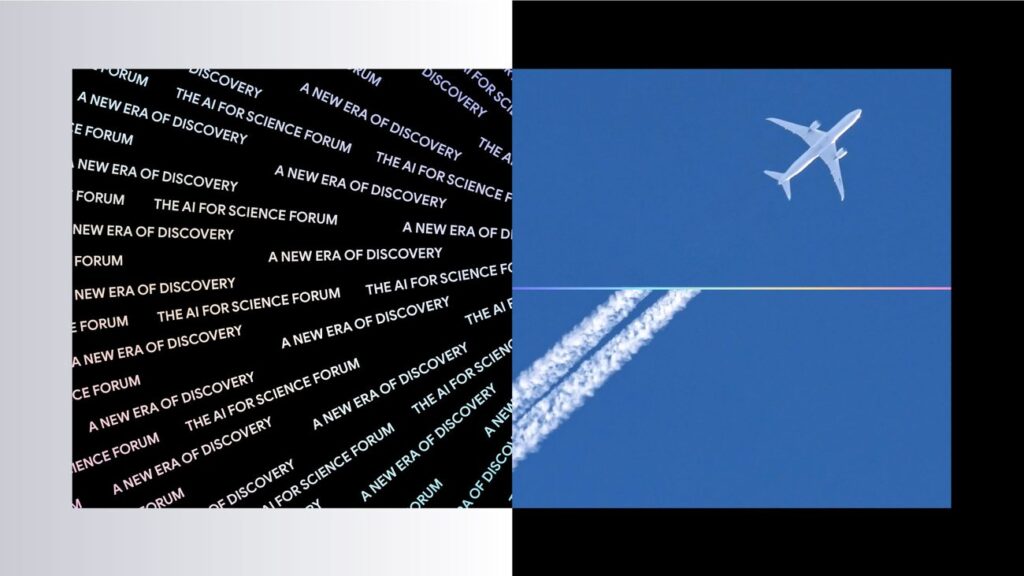Exploring the Exciting Breakthroughs in AI: A Peek into Our Future
Cracking the Code of Protein Structures
For decades, solving the puzzle of protein folding has loomed as a "grand challenge" among scientists. In a groundbreaking moment for the field, Google DeepMind introduced the AlphaFold 2 model in 2022, predicting the structures of an astonishing 200 million proteins. Traditionally, it could take over a year just to determine the 3D structure of a single protein. With AlphaFold, those predictions can now happen in mere minutes—and with impressive accuracy. By making these predictions available in a free database, researchers worldwide can accelerate their efforts in developing new treatments, combating antibiotic resistance, and even addressing plastic pollution. Looking ahead, the AlphaFold 3 model aims to predict the structures and interactions of all life’s molecules, pushing the boundaries of what we can achieve in biomedicine.
Illuminating the Mysteries of the Human Brain
The human brain has long been an enigmatic marvel, but recent strides in research are shedding light on its complexities. In collaboration with the Lichtman Lab at Harvard, Google spent a decade mapping a tiny section of the human brain with unprecedented detail. Released in 2024, this project unveiled previously unseen structures within the human brain and made the full dataset—including AI-generated annotations—freely available. This monumental resource aims to propel health research forward, opening new avenues for understanding brain function and disorders.
Saving Lives with Enhanced Flood Forecasting
Who would think that delivering accurate flood forecasting could be possible, especially in regions with little data? Google’s flood forecasting initiative, which kicked off in 2018, has turned skeptics into believers. Researchers created an AI model that reliably predicts extreme river events up to five days in advance, in areas previously deemed "ungauged." By 2024, this technology expanded to cover 100 countries, benefiting 700 million people. Plus, the latest upgrades now allow predictions with a seven-day lead time, bringing much-needed foresight to flood-prone communities.
Early Detection of Wildfires: A Lifesaving Initiative
As wildfires threaten communities globally, prompt detection has never been more crucial. In 2024, Google partnered with the U.S. Forest Service to develop FireSat—an innovative AI model combined with a new global satellite constellation. FireSat can detect and track small wildfires within classrooms’ sizes using high-resolution imagery delivered in just 20 minutes. With faster detection, fire authorities are better equipped to respond and mitigate damage to lives, property, and precious natural resources.
Weather Predictions Reimagined
Do you remember the weather forecasts that always seemed a tad off? That might change thanks to Google DeepMind’s 2023 launch of GraphCast, a game-changing weather prediction model. This machine learning model not only predicts conditions up to ten days in advance but does so with greater accuracy and speed than traditional systems. In fact, GraphCast outperformed gold-standard models, even predicting Hurricane Lee’s path to Nova Scotia three days ahead of its rivals. That’s a real win for meteorology!
Mastering Mathematical Reasoning with AI
Mathematics can be a tough nut to crack, even for the brightest minds. Yet in 2024, Google DeepMind introduced AlphaGeometry, an AI system capable of tackling complex geometry problems at a level that rivals top human competitors. The advanced Gemini-trained model, AlphaGeometry 2, combined its powers with another model, AlphaProof, and together they solved 83% of all historical International Mathematical Olympiad geometry problems in the last 25 years. This breakthrough demonstrates how AI is inching closer to advanced reasoning capabilities, opening new doors to solving problems previously deemed too complex.
Quantum Computing: A New Frontier in Chemistry
Imagine predicting how chemicals react without the usual computational hurdles. Google researchers achieved just that by collaborating with UC Berkeley and Columbia University to execute the largest chemistry simulations ever on a quantum computer. The results, published in 2022, matched traditional methods while avoiding cumbersome error mitigation, marking a significant advance in chemical predictions—key for future applications to tackle real-world issues.
Transforming Materials Science for Sustainability
As our world seeks innovative solutions for energy challenges, Google DeepMind introduced Graph Networks for Materials Exploration (GNoME) in 2023. This remarkable AI tool has already discovered 380,000 materials stable at low temperatures, which could lead to significant advances in solar cells, batteries, and superconductors. With a commitment to accessibility, Google made GNoME’s findings available on the Materials Project database, democratizing the benefits of this transformative technology.
A Leap Toward Nuclear Fusion and Clean Energy
Ever dreamt of abundant clean energy? For years, nuclear fusion seemed like a distant dream. However, in 2022, Google DeepMind partnered with the Swiss Plasma Center at EPFL to develop an AI system capable of autonomously controlling plasma inside a fusion reactor. This achievement marks a seminal moment in fusion research, potentially paving the way for a clean energy future that could power the world sustainably.
These groundbreaking technologies highlight the incredible possibilities AI offers, transforming industries and improving lives. As we stand on the brink of significant advancements, it’s thrilling to imagine what lies ahead in the AI landscape.
The AI Buzz Hub team is excited to see where these breakthroughs take us. Want to stay in the loop on all things AI? Subscribe to our newsletter or share this article with your fellow enthusiasts.




